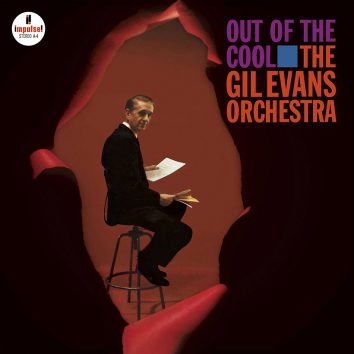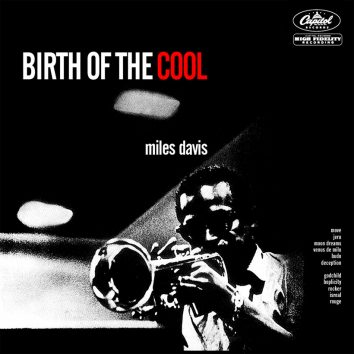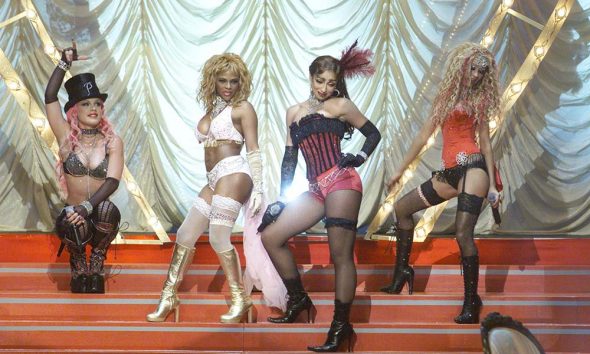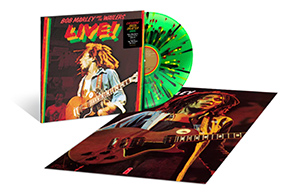Crystal Waters Interview: The Dance Music Legend On Her Career
‘I was a little too serious, I think, for some people,’ explains the dance music vocalist.
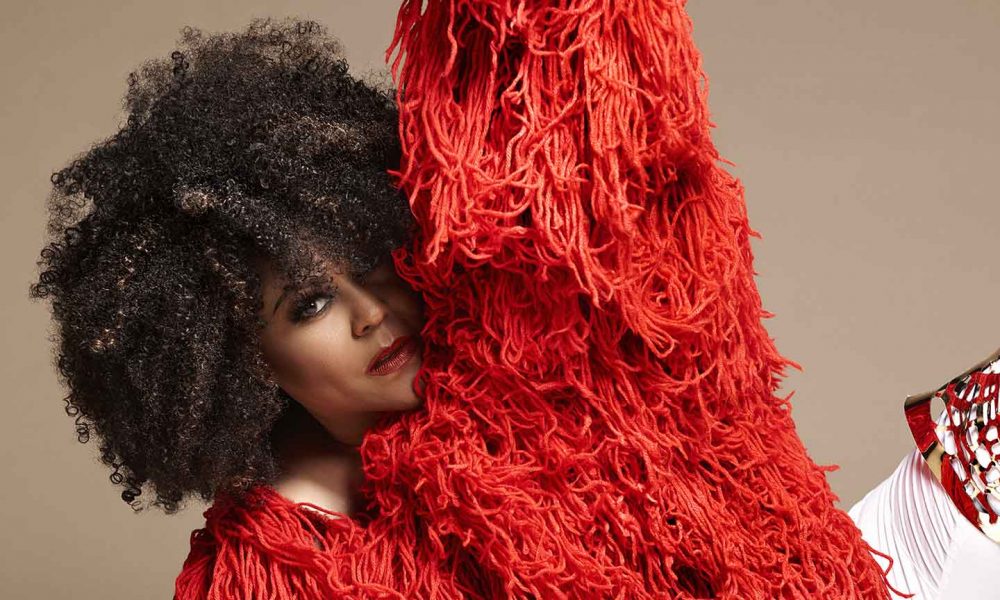
Crystal Waters is a house music legend. As the voice behind iconic hits “Gypsy Woman (She’s Homeless)” and “100% Pure Love,” if you spent any time on a dance floor in the 90s, it’s likely you heard her voice. Crystal remains hard at work, with a bunch of projects on the go. There’s the record label (I Am House Records), a podcast (Crystal Waters I Am House Radio), and the music (her most recent single is “Love One Another,” in collaboration with Soul Central). Last year, Helena Star called up Crystal to find out a bit more about her history in the electronic music world.
In the 90s, house music was predominantly in the queer, Black and Latin communities. Was that where you immersed yourself into house music? Or was it through listening on the radio?
It was underground, but you have to remember, we didn’t really know. We were just doing it. It wasn’t really a genre yet. I would hear it on the radio late at night, after midnight, but it wasn’t until I got to New York in 1991 that I was really immersed in the community. These were clubs, there were no bars, and there was no VIP. It was just baby powder on the floor and people came to dance.
Baby powder on the floor?
So you could spin.
I’ve never heard of that.
Yeah, baby powder. Everybody had baby powder and a handkerchief in their pocket. The handkerchief was for the sweat and the baby powder so you could spin, go on your back, your head, whatever you wanted to do. It was really cool. They also had the houses, that were built because a lot of the kids would get thrown out of their houses because they were gay, so they formed their own families. I’m loving seeing that it’s recognized now. They have TV shows about the houses now. Those houses were very important for a lot of people.
When you first started in music, was it by accident? I read you’d grown up in a musical household, but did you know you were going to work in music?
I did not know. My father was a musician his whole life. My brother too, and my aunt was very famous. No, I’ll just tell you the story. I used to love music. I used to love writing poetry. Then I was working at a government job, and when you get there, they hand you this paper that tells you how much you’re going to make every year. If I stayed there for 12 or 15 years, I still wouldn’t have been making any money.
I was like, “Oh, this is depressing.” Then my mom said, “Well, go see this psychic.” So I went, and she said, “You’re not doing something with your voice. You need to do something,” and I was like, “Yeah, right, whatever.” I got back to work, and a friend of mine, he said, “Well, I have a cousin that has a studio. They’re looking for background singers.” He said, “I’ll go if you go,” So we went.
Once I got in a studio, I was like, okay…this is where I belong. This is home. It was a light bulb moment. Then I just realized, you know what? I have to do this for myself. I said that one thing I knew I was good at was writing. So I was like, I can write my own stuff! I don’t have to sit here and be in the background.
This sounds so strange now, and it’s dangerous, but I put an ad in what we called the City Paper. There was a music section for artists and songwriters. This guy responded, and it just went from there with this keyboardist.
Wow.
This dude named Burt Collins. We formed a group called Modern Art. That was up until I met the Basement Boys, because I was doing more of a Sade thing. I wanted to be Sade. Even in the first video, I had the ponytail and everything.
Do you know what? I just watched the video! It’s great. The power suit as well, with the ponytail and the red lips…big vibe.
Then I met the Basement Boys, because I have more of a jazz voice than a gospel voice. They wanted me to write to these dance speeds. I said, “As long as I can keep my style,” they would say, “We want that style over this.” Once I got in… that was it. I was hooked.
Is there a record for you that holds importance in your journey in the world of house music? Is there a track for you that, maybe from when you were younger, that you listened to and you were like, “Wow, I really feel like I could put myself into that.’’
Well, for the house, because it really started in ’85. I came in ’91, so it wasn’t really much. It was disco with house. I remember the first thing I heard on the radio house-wise was ‘Lonely People’ by Lil Louis. I thought that was so cool. It was so chill. Then, of course, C&C Music Factory. We all loved that.
You also have your radio podcast. Is this so you can keep sharing the music that you love and all those underground sounds?
Yeah, because there’s a lot of new, good music out. I like vocals and a lot of the DJs will only play beats. You don’t have very many vocals. I wanted to listen to a podcast where I could hear some songs, something you can sit down and just listen to some music.
I knew there was a lot of good stuff out there. That’s why I started the podcast, especially to help the females. Because we get lost. The DJ has got the big name and [sometimes] you don’t even know who the girl is. The DJs get all the shows. I wanted to help in that way, too, to help some female artists to get their names out there.
Definitely. There’s been a lot of conversations recently that I’ve also been involved in regarding the erasure of Black women in dance music and their voices. Like you said: It’s the DJ or the main producer who will get their props, but the women who sang on those and the vocals on them…
And wrote them too!
And wrote them too, exactly. They won’t have the same kind of props. I guess we’ve moved in the right direction, but we’re still seeing those problems. How was it for you in the 90s navigating your way through the scene as a Black woman?
Well, just two things; one thing, obviously back then, it was more important to be a producer and not to be the star. I wouldn’t be Quincy Jones. I was lucky that my name got put out that way because I think if it happened now, it would be the Basement Boys and Crystal Waters. I was lucky in that. I believe it’s probably still the same.
It’s a very male-dominated music business. How do I explain it? You get mansplained, you get a lot of, “She doesn’t really know what she’s talking about.” You’ve got to stand up a little bit stronger for yourself with it. When I was younger, it was more about sex. I had to go to the studio with a straight face. I wasn’t playing. I’d be like “I didn’t come here to mess around with you and then do the record.’’
You’re there to work, and you had kind show that.
Yeah, because otherwise, they’re just going to try to, I’m getting ready to curse, they’re just going to try to f__k you, basically. I was a little too serious, I think, for some people. It was just a form of protection.
I see it’s still happening. There are plenty of female DJs, but mostly all you see are the male ones. I think that happens in a lot of areas, not just music. I don’t want to just pinpoint it on music.
You have had such an impact on dance music, and music history. How important is it that we respect and honor those women who shaped the scene? How can we do more of it?
I think is very important. I’ve heard some people in Europe think that house music came from David Guetta.
Yeah. It’s scary.
It’s scary. I think it’s important to know the history. I always tell people that ask me for advice that you’ve got to study your craft. You’ve got to know. I can tell producers who are just DJs that don’t really know how to produce a vocal or structure a song. I think it’s very important to study the history of it and the vocals and the women who wrote a lot of this stuff.
I think if they would study some of the stuff from the early days, there’s a lot in there. Some of the drum loops and things that people still use… it was used a little bit more creatively back in the day. I think it’s very important to study the history.
Study the history and celebrate that history.
Yeah, know what you’re doing and why you’re doing it, not because you want to be on stage. You’ll be a flash in the pan. You know what I mean?
What is your process when writing a track?
I hear the song. I like the music to inspire me. I’ll get the track and then I’ll come up with the melody first. Usually when I’m getting the melodies, I hear a little word too, and that will let me know what the song is about. I find if I try too hard, try, it doesn’t work. I just sit back and let it just flow. Sometimes the words come out a little strange, but I’ll wait to the end of the song and then go back over it. I call it painting.





